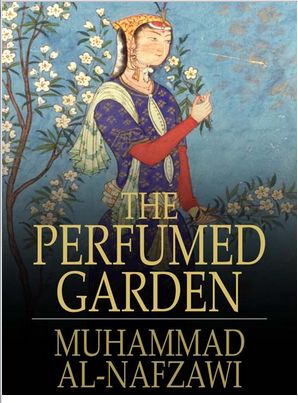Most excellent update Glen. I do love reading on the Empire.
Is the capital of Germany the City of Hanover?
Is the capital of Germany the City of Hanover?
Ah, thanks for humoring me on that one, and, fantastic work with the Grimms.
Glen
Interesting update.
Plus good point by you and W.W.A.F.T. that in TTL the vampire standard will be female on female rather than male on female. That will probably make it less popular in formal male quarters but more attractive possibly to some more radical women.
Steve
Thanks - you may be right on the surface but I suspect it will have more popular readership than that. Recall too that this 19th century has seen no Victorian Age - sexual mores are a bit looser than OTL even if not formally acknowledged.
Thank God for that!
Good work on the last two updates, Glen! The last one you posted made me think about the differences between Germany and Prussia, though. Namely, in addition to the respective Liberal/Korsgaardist split, what linguistic differences there would be? IMHO Germany would be mostly High German, or a mix of that along with Low Saxon and Franconian dialects (as per OTL's West Germany, just much earlier), but Prussia might be a little trickier given the Polish influence. With that in mind, could their standardized dialect of German eventually come to look like Vilamovian, a German dialect with marked Polish/Slavic influences in orthography, phonology, etc.?
Keep up the good work!


Very interesting. I like that the implication is that the 19th century in general was rather saucy as opposed to OTL where most people think of the 19th century and remember that story about covering up piano legs.
Also, I enjoyed my appearance immensely. Seems this distant ATL relative is in the same mould as Sir Richard Burton of OTL.
Glen
Interesting development. That means that basically instead of the Victorian back-lash the relatively open stance of the previous years continued largely unbroken.
Although likely to be some back-lash sooner or later and elements like the churches could well be leading it.
Also would there be more or less liberal views on things like alcohol consumption - thinking of OTL temperance movements.
The other thing that comes to mind is it won't only be the Ottomans who want to show they can spin some saucy tales. Likely to see a fair number of European writers moving more into such areas or at least getting earlier and more widespread acceptance.
Steve
Nice update, Glen! I too enjoy the fact that sexual attitudes seem much more healthy than OTL's Victorian uber-prudishness; granted it can't be that way forever, but at least it's not as extreme.
I have a question about the USA, incidentally; who would you say are its closest political allies? They sat the Global War out, although as you say they also provided aide for the UK and the DSA in terms of supplies and hardware. Does that mean they're in same camp as Britain and Southern America, or just on friendly terms at the time?
America is seen as being allied with the West, and as a promised land of peace and prosperity, profiting from secure borders and a friendly neighbor.
So, does that mean the US is more like OTL Switzerland, except much bigger geographically.
Glen
Interesting development. That means that basically instead of the Victorian back-lash the relatively open stance of the previous years continued largely unbroken. Although likely to be some back-lash sooner or later and elements like the churches could well be leading it. Also would there be more or less liberal views on things like alcohol consumption - thinking of OTL temperance movements.
The other thing that comes to mind is it won't only be the Ottomans who want to show they can spin some saucy tales. Likely to see a fair number of European writers moving more into such areas or at least getting earlier and more widespread acceptance.
Steve
It is true that the Victorian Age ITTL is replaced by the Second Elizabethan Age which is much more socially open and liberal, more a second flowering of The Enlightenment, though I wouldn't call it wanton. Note that the English translation is only twenty years earlier than OTL, though in public circulation and not through a private club.
I am glad you appreciate your ATL relative. He is more scholar than adventurer compared to Burton, and will restrict himself to the Subcontinent unlike Burton.
Very interesting. I like that the implication is that the 19th century in general was rather saucy as opposed to OTL where most people think of the 19th century and remember that story about covering up piano legs.
Also, I enjoyed my appearance immensely. Seems this distant ATL relative is in the same mould as Sir Richard Burton of OTL.

An interesting little butterfly that would be caused by the Second Elizabethan age being relatively open, and lacking the conservative back-lash that OTL's Victorian Age had, would be the lack of symbols like the white wedding dress,
and a lot of specific associations/meaning to types of flowers that evolved in the era as a result of the general up-tidiness.
Looking good as ever, Glen.
I am always impressed with people who use a TL to do more than redraw borders. In your case, you're building a whole new world, changing culture, fashion, political theory and much more. This is much more difficult, but much more rounded and interesting.
Keep up the good work!